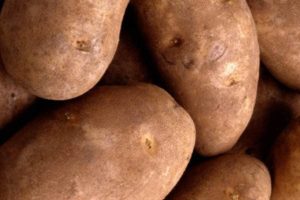Did you know that caffeine reduces our perception of sweetness? Researchers found that if they took the caffeine out of a sweetened beverage, they could then remove about 10% of the sugar without altering the taste. I had no idea! The researchers go on to suggest that removing caffeine from sweetened beverages could allow manufacturers to lower the amount of sugar in those products, thereby reducing the amount consumed by the general population and aiding in the fight against obesity.
That doesn’t seem terribly likely. First of all, people who consume caffeinated beverages are usually looking for that caffeine bump. (See also: Benefits of Caffeine) Secondly, we already have caffeine-free versions of many sweetened beverages. And interestingly, caffeine-free Coca-Cola and Sprite both contain the same amount of sugar as regular Coca-cola.
Nonetheless, it’s an interesting finding. Have you ever noticed this effect? For example, does caffeine-free Coke taste sweeter than regular? (I find both types to be unpleasantly sweet so I’m not a good judge.) If you drink sugar in your coffee, does it take less sugar to sweeten decaf to your liking?






